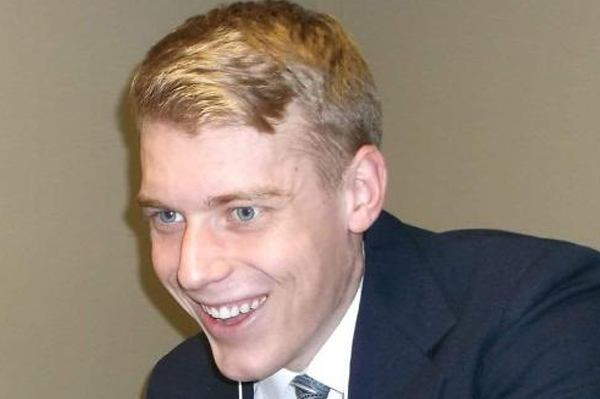Past Event: PhD Dissertation Defense
Tyler Masthay, CSEM Graduate Student
1 – 4PM
Friday Nov 22, 2024
POB 2.402 and Zoom
Full-waveform inversion (FWI) is a state-of-the-art method for imaging the earth’s subsurface. However, FWI is notorious for local-minimum trapping, or “cycle skipping,” and thus requires an accurate initial model (Metivier et al. (2018)). Cycle skipping is caused by the nonconvex nature of the misfit optimization landscape in its typical least-squares formulation. The Wasserstein-2 distance is convex with respect to shifts and dilations, both of which occur naturally in seismic data, making it an attractive choice of misfit (Yang et al. 2018).
Previous work, which has demonstrated effective and practical convexification for optimal transport for FWI, primarily focuses on velocity inversion or acoustic source inversion. The dearth of work on optimal transport for elastic source inversion motivates our research. This dissertation demonstrates that the demonstrated effectiveness of optimal transport for FWI translates well to the elastic case and is even enhanced due to the multi-component nature of elastic data.
Tyler is a PhD student in the CSEM program at the Oden Institute. His research investigates the use of optimal transport to ameliorate cycle skipping in full waveform inversion, particulary as it pertains to the elastic source inversion problem. He graduated as a mathematics and computer science major at the University of Dayton in 2017. After graduation, he will join Stellar Science as a Scientific Software Developer.
